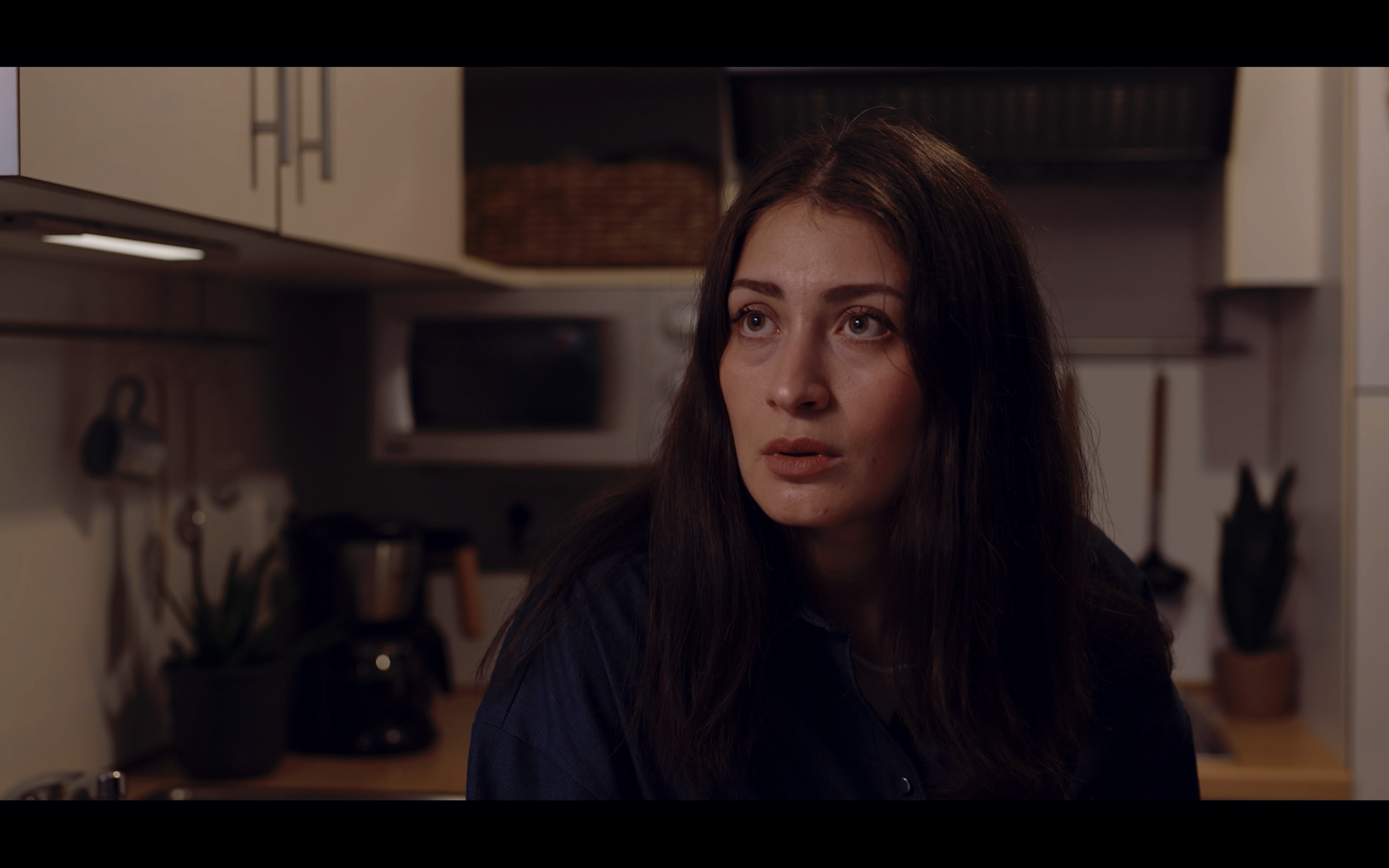Coming Soon...
2025 • REBEL GIRL
Short Film Narrative | DE
Director: Stein Verweij
DOP: Dan Lupton
Short Film Narrative | DE
Director: Stein Verweij
DOP: Dan Lupton
Coming Soon...
2025 • MEZAR BY NILIPEK
Music Video | DE
Director: Pelin Cavusoglu
DOP: Dan Lupton
Music Video | DE
Director: Pelin Cavusoglu
DOP: Dan Lupton
Coming Soon...
2025 • BUCHFUNK
Advertisement | DE
Director: Ilaria Tonetti
DOP: Dan Lupton
Advertisement | DE
Director: Ilaria Tonetti
DOP: Dan Lupton
Fueling Your Creative Madness...
Coming Soon...

2024 • TWO SISTERS
Short Film Narrative | DE
Director: Pelin Cavusoglu
DOP: Dan Lupton
Short Film Narrative | DE
Director: Pelin Cavusoglu
DOP: Dan Lupton
While two sisters prepare dinner, Ece finally comes out about her queer relationship. Her sister Feliz's disbelief quickly turns into an argument about honesty, challenging their perceptions of sisterhood.
BANSHEE (2024)
2024 • BANSHEE
Short Film Narrative | DE
Director: Massimiliano Ferlat
DOP: Dan Lupton
Short Film Narrative | DE
Director: Massimiliano Ferlat
DOP: Dan Lupton
A knight runs away between the trees to escape certain death in the nearby battleground where he comes face to face with a curious Creature Of The Woods...